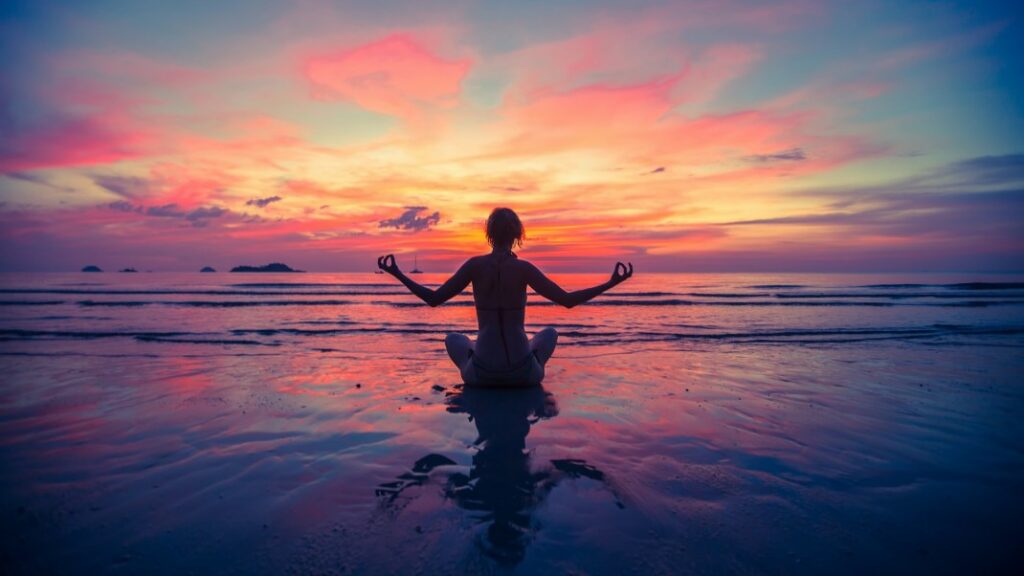
Why do some people seem to manage stress well? What is the secret to finding hope even when things are messy? Research is pointing more and more to the concept of “resiliency”.
What does yoga have to help build resiliency? Tons! But let’s look at 3 key pillars of building resiliency.
- Acceptance: Growing up, along with my formula, I swallowed the fairy tale that if I just worked hard enough, suffered enough, helped enough, was pretty enough… well, you get the picture… that I would be happy. You might label this the Cinderella syndrome. It’s time to grow up and accept that life will be challenging and often unfair. In his landmark book, The Road Less Travelled, Scott Peck’s first sentence was, “Life is hard.”. And it can be.
Yoga helps by giving us a lived experience of getting comfortable with the slightly uncomfortable. Holding a pose or learning to balance on one leg is challenging! Your instructor lovingly, skillfully and gently brings you along to accepting more and more of this challenge. Eventually, you gain confidence that you’re flexible not just in body but mind too!
2. Gratitude: This is mindful awareness of what is really going well. Taking time to notice the gifts, no matter how small. We have to consciously cultivate this skill. We are hardwired to search for environmental risks as a survival skill. This can lead us into constantly striving to “fix” our environment. This leads to difficulty because not all environmental risks can be fixed, and our internal environment (ie emotions) are what they are. The way we can master a new language or quit a job does not work to control emotions.
Yoga helps on several levels. A complete yoga class should weave in mindfulness and a meditative focus. Dwelling in this present moment awareness literally shifts the activity in the brain from “gotta fix that” to “acceptance”. It’s like the transmission on your car. You shift gears from stress response to seeing things more clearly.
Yoga helps as well by drawing your awareness to what is really working well. The range of movements and topics is so vast, you’re bound to see things in a new light after your practice.
3. Make Choices: We always have choices. When faced with a choice, ask this key question: “will this decision serve me or help me? Or will it likely bring me harm?” Almost 90% of our behaviours are routine or guided by instinct/habit. Exercising your discernment muscle builds ability to say no when needed or to recognize when something doesn’t serve you well.
Yoga helps when the instructor constantly offers choices and reinforces his/her confidence that you will take your unique path. There are no categories or graduations in a yoga practice. Every time you hit the mat is a fresh experience. This is drastically contrasted with most of our modern activities. As you get more familiar with truly listening to your body’s sensations and messengers, you’ll take that skill into asking that all important question from above.
Touche. Great arguments. Keep up the good effort.| Vivyanne Lonnie Grissel
I like the efforts you have put in this, thank you for all the great blog posts. Sandra Tiebold Fergus
I used to be able to find good info from your articles. Tonye Graham Shandra
Hello, just wanted to mention, I loved this post. It was helpful. Alayne Frans Downs